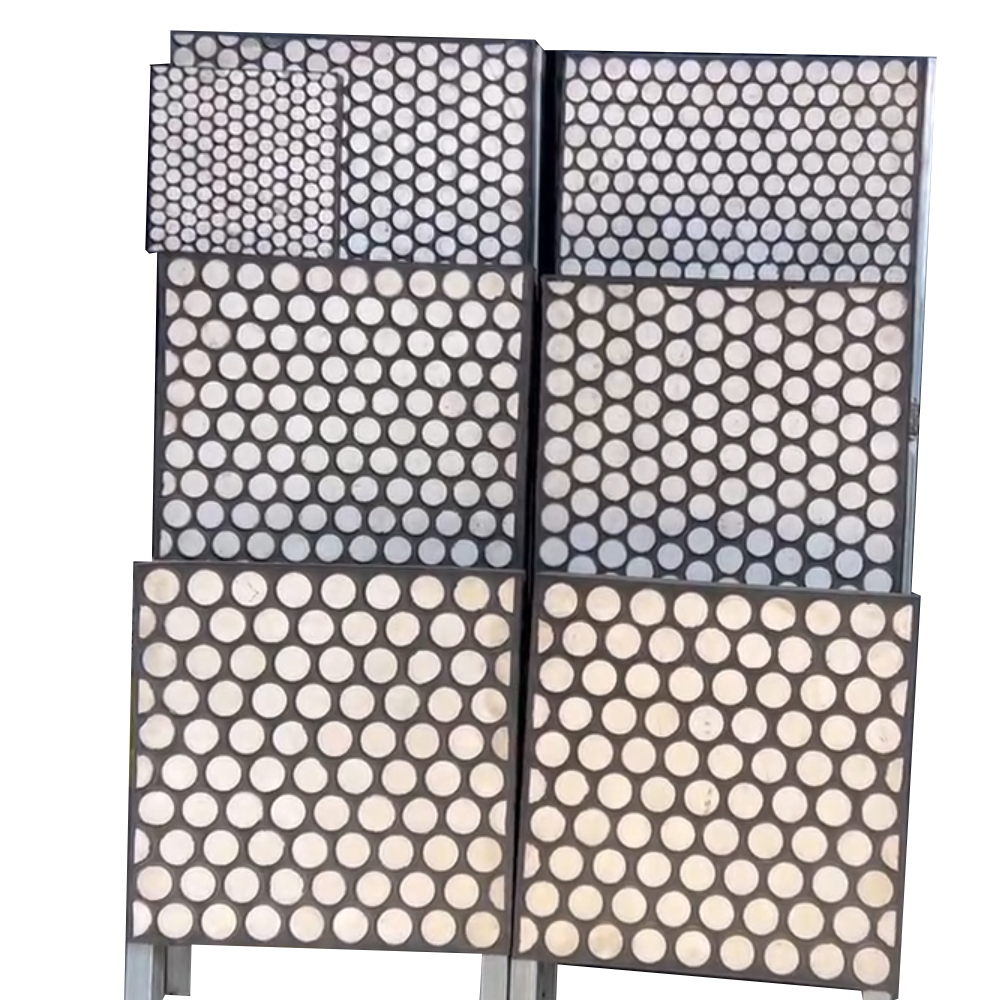Believe it or not, there are companies out there that genuinely prioritize ethical business practices above all else. These organizations operate with integrity, ensuring their daily activities align with strong moral principles. It’s not just about profits for them—it’s about building trust through transparency and fostering relationships based on honesty and mutual respect. As a result, these businesses often thrive without running into major issues because everything they do is grounded in fairness and accountability.
Some focus on sustainable energy solutions, while others champion workers' rights and fair wages. What ties them together? An unwavering commitment to conducting themselves ethically. These trailblazers refuse to compromise when it comes to ethics—they treat their employees well, care deeply about the planet, and strive to contribute positively to society.
Without further ado, let me introduce you to some standout examples of such forward-thinking enterprises.
Patagonia
Yvon Chouinard, a mountaineer and surfer by passion, established Patagonia in 1973 after years spent exploring nature. What began as a small outdoor clothing brand quickly grew into a global phenomenon under his leadership. Today, Patagonia stands as a beacon of sustainability within the fashion industry. From pioneering eco-friendly fabrics like recycled nylon to meticulously monitoring their entire supply chain, this company consistently raises the bar for corporate responsibility.
Recently, Patagonia announced plans to launch their upcoming swimwear collection as the first-ever 100% Fair Trade Certified line. Their mission statement reflects their dedication: "100% for the Planet." Needless to say, they're high on our list of favorites.
Ford Motor Company
Founded by industrial pioneer Henry Ford in 1903, Ford Motors has evolved beyond its reputation as a traditional automaker to embrace environmentally conscious innovations. Based in Dearborn, Michigan, this massive corporation employs over 200,000 people worldwide. Did you know Ford was among the first companies to introduce a hybrid electric vehicle back in 2004? And before that, they had already been developing plug-in hybrids since 1997, positioning themselves as leaders in reducing reliance on fossil fuels.
For eight consecutive years, Ford has earned recognition as one of the "World's Most Ethical Companies" from the Ethisphere Institute. This prestigious accolade highlights their robust anti-harassment policies and groundbreaking green technologies. Simply put, Ford excels across every ethical metric imaginable.
Natura Cosméticos
Long before cruelty-free became mainstream, Natura Cosméticos stopped animal testing in 2003. Since then, they've grown to become the largest participant in B Corp, a rigorous certification program recognizing socially responsible businesses. With operations spanning multiple continents, including Brazil where they originated, Natura recently acquired The Body Shop and owns Australian skincare label Aesop. Clearly, they've always prioritized environmental stewardship alongside profitability.
Founded in 1969 by LuÃs Seabra, Natura exemplifies how a successful multinational enterprise can remain faithful to its core values while expanding globally.
IKEA
As Swedish furniture behemoths, IKEA doesn't just sell stylish home decor; they promote a holistic approach to sustainable living. Their minimalist Scandinavian designs resonate with consumers seeking simplicity and functionality. Equally important, IKEA demonstrates exceptional corporate ethics through initiatives aimed at protecting the environment.
Half of their timber sourcing comes from certified sustainable forests, and all their cotton originates from farms adhering to Better Cotton standards. Moreover, they enforce strict zero tolerance regarding child labor, collaborating with organizations like UNICEF and Save the Children to combat exploitation. If you're shopping for furniture, IKEA remains an excellent choice due to their commitment to both quality and conscience.
LUSH
Established in 1995, LUSH has carved out a niche as an advocate for ecological causes and animal welfare. Their products undergo testing exclusively on humans rather than animals, and starting in 2008, they eliminated palm oil entirely from their formulations. In 2016, proceeds from sales of their "Hands of Friendship" soaps totaled £246,000, benefiting a charity aiding Syrian refugees.
Even their packaging reflects their eco-conscious ethos. LUSH pioneered the solid shampoo bar concept, eliminating unnecessary wrapping. Currently, 90% of their packaging materials are fully recyclable, with ongoing efforts to convert the remaining 10%. We admire their alignment with our values and consider them a top pick.
When it comes to addressing environmental challenges, we celebrate innovation. More businesses are adopting creative ways to minimize their ecological impact, and we're thrilled to partner with industry leaders pushing boundaries.
Solar power represents one of the most promising avenues for achieving renewable energy goals. Many companies now turn to solar solutions to shrink their carbon footprints. If solar energy appeals to you, don't hesitate to reach out. Call us at 0800 112 3110 or submit an inquiry form today!



pulley lagging,rubber sheet,wear resistant,ceramic rubber sheet,Three-in-one impact resistant ceramic composite liner
Hebi Shuanglian Trading Co., Ltd. , https://www.slwearrubber.com